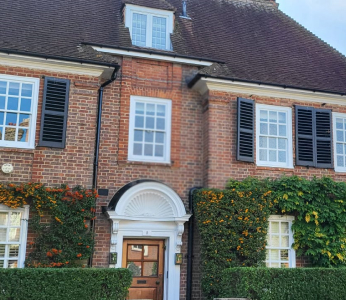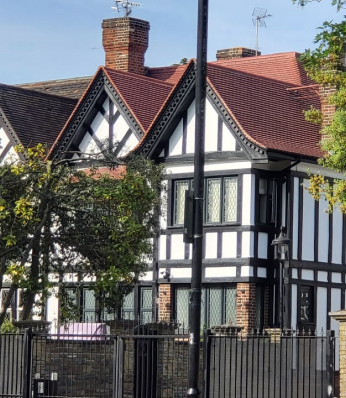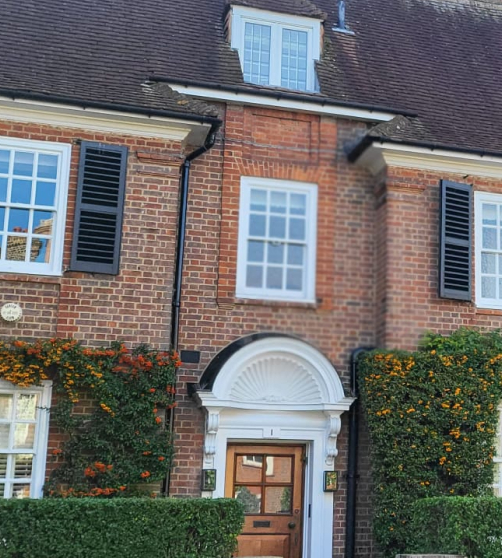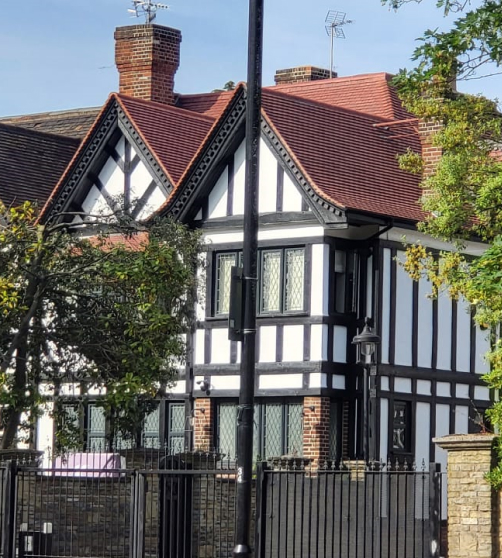Our Valuers take pride in finding the right evidence to factually support their value judgement when acting in the context of various property disputes
We provide independent professional valuation advice to Solicitors, Investors and Clients in relation to property disputes, and can also act as an expert witness, jointly appointed expert or prepare arbitration submissions when required.
More so these days mediation and arbitration are preferred routes and advice from a Chartered Valuation Surveyor can help in assessing the value of property or buildings in a range of circumstances including but not limited to:
-
matrimonial settlements,
- boundary disputes,
-
defective title,
- unlawful eviction,
- solicitors indemnity fund
The important factor that the party instructing the Chartered Valuation Surveyor must take into account is that the Valuer will be requested to act either as arbitrator, or expert witness.

Solving property disputes: Expert Witness, Arbitration etc..

Our role as Valuer is to present the valuation evidence with commentary and reasoning to direct the Arbitrator to weigh up our submissions favourably.

Expert Witness Valuations
When preparing a valuation as an expert a statement of truth has to be applied and Court evidence rules apply.

Role of an Arbitrator vs
Independent Expert
Some leases stipulate the method to settle a rent review, others provide for the landlord to decide at the time. There are pros and cons of either...
We won't quibble if you want to change your BlockCare package.
Call us
020 4506 9030Email us
md@ringley.co.uk





















